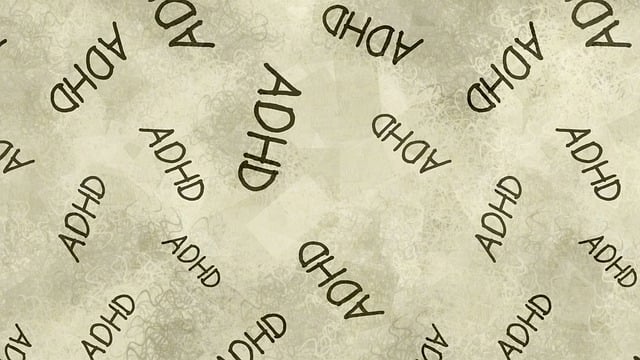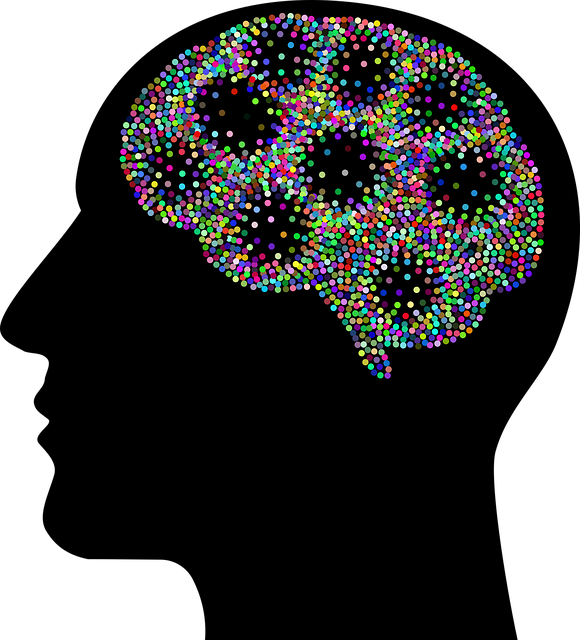Northglenn Phobias Therapy offers specialized, evidence-based treatments for trauma survivors struggling with specific phobias. Combining exposure therapy, cognitive behavioral therapy (CBT), positive thinking exercises, and mental health education programs, this holistic approach equips clients with tools to manage anxiety, reframe negative thoughts, and build resilience. By fostering a supportive community through partnerships with local entities, Northglenn Phobias Therapy creates accessible resources tailored to the unique needs of its residents, enhancing overall mental well-being.
Trauma can profoundly impact individuals’ lives, affecting their mental health and daily functioning. This article explores essential aspects of trauma support services provision, focusing on the role of specialized therapy like Northglenn Phobias Therapy. We delve into understanding trauma’s far-reaching effects, creating effective service frameworks, engaging communities, and accessing available resources. By examining these key areas, we aim to enhance access to critical trauma support.
- Understanding Trauma and Its Impact on Individuals
- The Role of Northglenn Phobias Therapy in Support
- Creating an Effective Trauma Support Service Framework
- Community Engagement and Accessing Available Resources
Understanding Trauma and Its Impact on Individuals

Trauma is a profound and complex experience that can significantly shape an individual’s life. It refers to a deeply distressing or disturbing event that overwhelms a person’s ability to cope, often leading to long-lasting psychological effects. These events can include accidents, violence, natural disasters, or any situation where one feels a lack of safety and control. The impact of trauma is multifaceted; it can manifest as flashbacks, nightmares, severe anxiety, or even physical symptoms such as headaches and insomnia. Many individuals struggle to function normally in their daily lives, which can lead to social isolation and further mental health challenges.
In Northglenn, phobias therapy has emerged as a valuable tool in helping individuals navigate the aftermath of traumatic experiences. This form of therapy focuses on identifying and addressing specific fears or phobias that may have developed as a result of trauma. By utilizing evidence-based techniques, such as exposure therapy and cognitive behavioral therapy (CBT), therapists assist clients in learning effective conflict resolution techniques to manage their anxiety relief. Moreover, positive thinking exercises are integrated into the therapeutic process to help individuals reframe negative thoughts associated with trauma, fostering resilience and emotional well-being.
The Role of Northglenn Phobias Therapy in Support

Northglenn Phobias Therapy plays a pivotal role in trauma support services by offering specialized treatment for individuals grappling with specific phobias. These therapeutic interventions are designed to help clients understand and manage their fears, ultimately improving their quality of life. Through evidence-based practices, therapists facilitate a safe space where individuals can confront and overcome their phobias, fostering inner strength development.
Incorporating Mental Health Education Programs Design into the therapy process, Northglenn Phobias Therapy equips clients with self-awareness exercises tailored to address their unique challenges. By promoting understanding of both the root causes and symptoms of phobias, these programs empower individuals to actively participate in their healing journey. This holistic approach ensures that trauma support is not just reactive but also proactive, enabling clients to build resilience and enhance their overall mental health.
Creating an Effective Trauma Support Service Framework

Creating an effective trauma support service framework involves several key components. One of the primary steps is to establish a safe and supportive environment where individuals feel comfortable sharing their experiences and expressing their emotions freely. This can be achieved by training staff in empathetic listening, cultural sensitivity, and trauma-informed care practices, ensuring every interaction prioritises the client’s needs and well-being. Customised support plans that cater to individual trauma types, such as Northglenn phobias therapy, are essential for optimal results.
Integrating confidence boosting techniques, self-awareness exercises, and mental wellness podcast series production can further enhance the framework. These complementary approaches can empower individuals to take charge of their healing journey, foster resilience, and promote holistic mental health. By combining evidence-based therapies with innovative support tools, trauma support services can offer comprehensive care that addresses both the symptoms and underlying causes of trauma, ultimately leading to improved quality of life for those seeking assistance.
Community Engagement and Accessing Available Resources

Community engagement plays a vital role in trauma support services provision. By actively involving local residents, organizations, and businesses in Northglenn, we can create a network of care that is accessible and tailored to the unique needs of our community. This involves hosting informational sessions, workshops, and events that educate on topics such as depression prevention, stress reduction methods, and self-care routine development for better mental health. Engaging with diverse groups ensures that resources are being utilized effectively and reach those who need them most.
Northglenn Phobias Therapy benefits greatly from community partnerships. Local schools, churches, and community centers can serve as hubs for distributing information about available services, organizing support groups, and facilitating individual therapy sessions when needed. By making mental health care easily accessible within the community, we foster an environment where individuals feel supported and empowered to take proactive steps towards healing and well-being.
In conclusion, addressing trauma requires a multifaceted approach, from understanding its profound impact on individuals to creating robust support frameworks. Northglenn Phobias Therapy plays a vital role in this process, offering specialized treatment that empowers individuals to overcome their fears and phobias. By fostering community engagement and leveraging available resources, we can ensure that those affected by trauma have access to the essential support they need for healing and recovery.














